 Two stories ran concurrently this past week about two marriages, two wives, two choices, and two books. Both stories centered on the husbands’ public infidelities and their wives’ very different responses in the aftermath.
Two stories ran concurrently this past week about two marriages, two wives, two choices, and two books. Both stories centered on the husbands’ public infidelities and their wives’ very different responses in the aftermath.
The February issue of Christianity Today ran an interview with Gayle Haggard, wife of Ted Haggard, Why Gayle Haggard Stayed, on the release of her new book, Why I Stayed: The Choices I Made in My Darkest Hour.
 Last Sunday’s NY Times published an article, Southern Discomfort, on Jenny Sanford’s divorce from her husband, disgraced South Carolina Governor Mark Sanford. Mrs. Sanford has also released her memoir, Staying True.
Last Sunday’s NY Times published an article, Southern Discomfort, on Jenny Sanford’s divorce from her husband, disgraced South Carolina Governor Mark Sanford. Mrs. Sanford has also released her memoir, Staying True.
The two women, both professing Christians, came to a fork in the road and chose opposite paths. Jenny Sanford walked away. Gayle Haggard chose to forgive and stay.
Video interviews of both women are online. (Some of the insensitive 20/20 questions are a reminder of why it’s important to think twice before agreeing to a Barbara Walter’s interview.)
Q 2009 Interview of Gayle and Ted Haggard
Barbara Walters 20/20 Interview of Jenny Sanford
Both women are being lauded for their courageous choices. Both are under fire. Blogs are buzzing. It’s hard to avoid comparisons. More importantly, their stories give us an opportunity to reflect on how the church stands by her daughters when they’re facing what has to be one of the worst personal dilemmas a wife can experience.
I have two questions:
First, do both wives’ decisions affirm the sanctity of marriage?
And second, if the same thing happened to a woman without this kind of public notoriety, would she find safe haven in the church, no matter which way she turned?
Your thoughts?




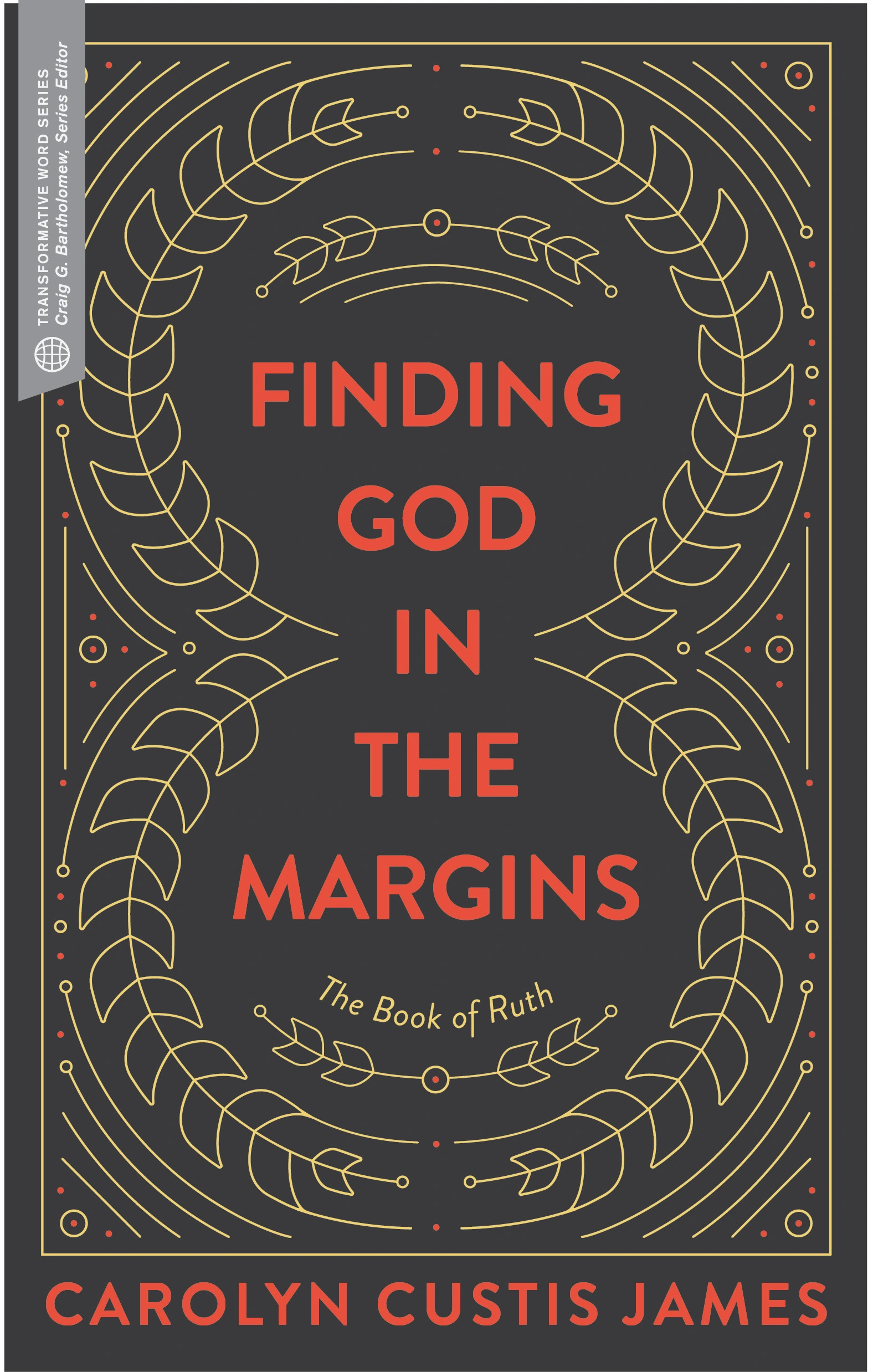
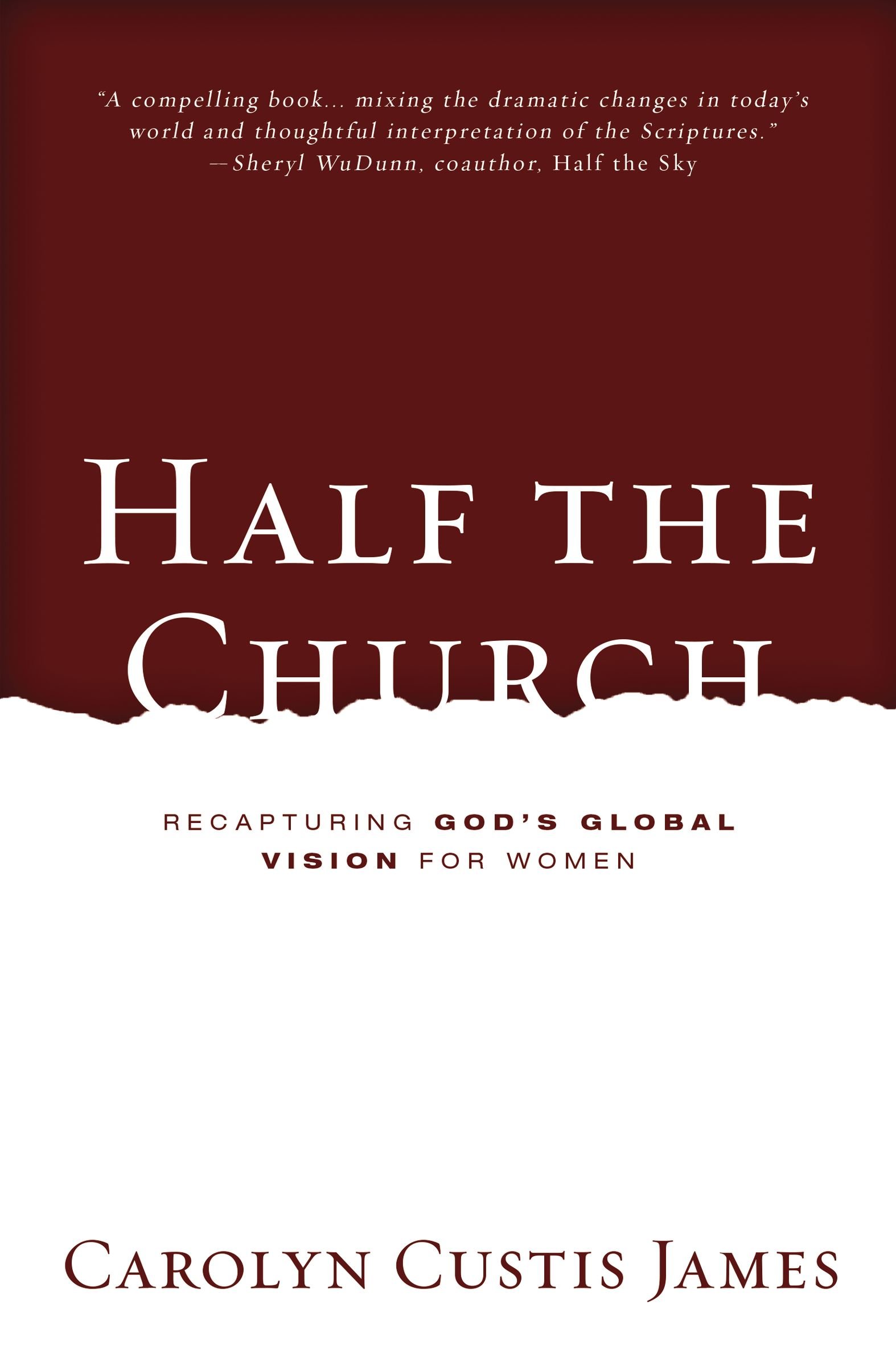
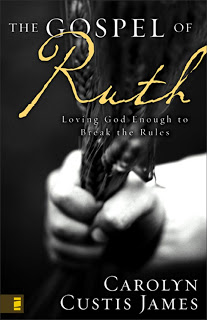
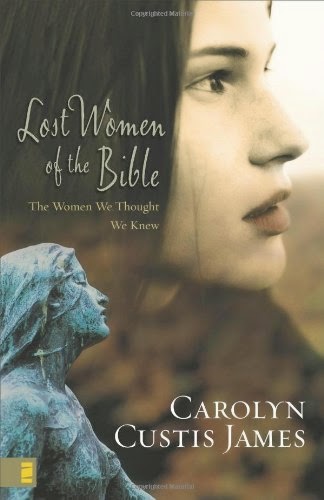

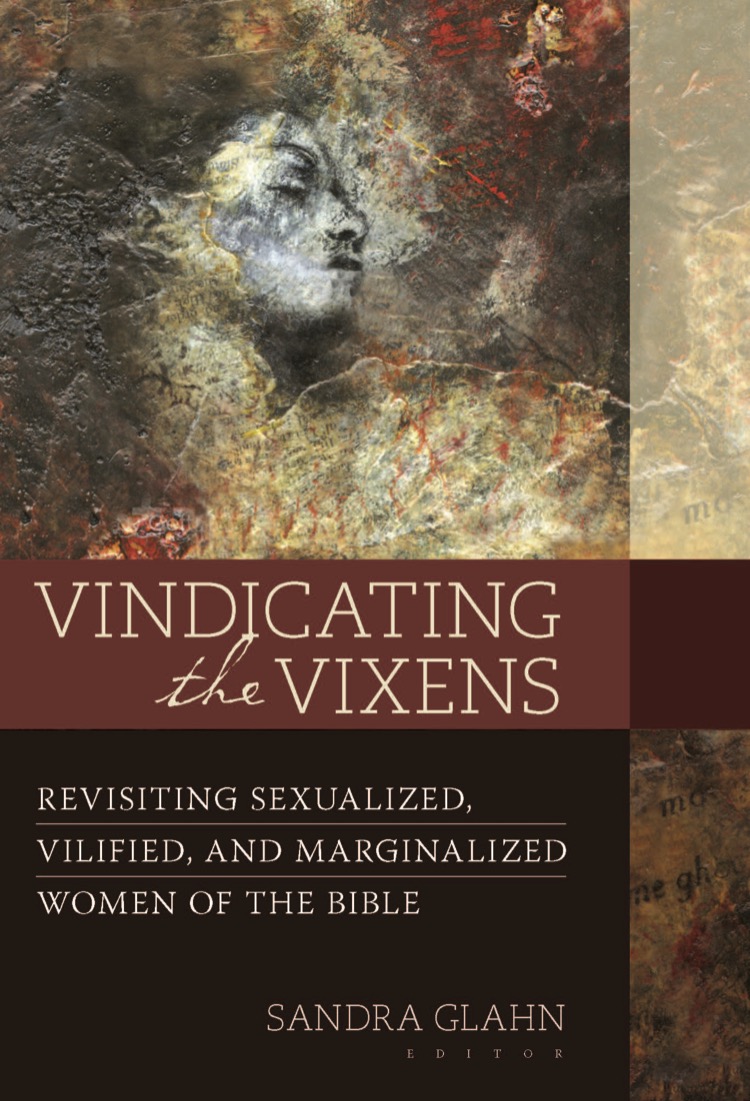




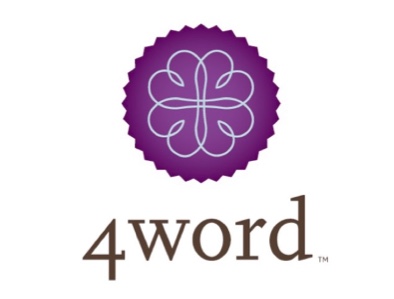
I remember well the day the explosive public admission of the SOUTH Carolina Governor as I was in the office at the University of South Carolina. The cackles were like a wave going from one end of the office to the other. Walking to a printer to get a gift agreement, one of the women quipped, “I would walk around here because right now we don't like men very much.”
The ensuing public drama and the personalities involved made me realize that there is more to this saga than meets the eye. Perhaps I am a little cynical, but I think in both these ladies public story there is a lot of posturing.
To answer the two questions. On the surface, it appears one is upholding the sanctity of marriage and the other is not. I suspect in some way, both women are culpable; had a role to play in the rupture of the marriage.
If the same thing happened to a woman without the public scrutiny, would she find safe haven in the church, no matter which way she turned? Probably not. I don't like that answer, but I think that is the realistic expectation.
LikeLike
As the first Mark has pointed out it was South Carolina's Governor not North Carolina's.
From what I understand of both situations both women have affirmed the sanctity of marriage in their words and actions. Ms. Haggard has stood by her man despite unspeakable pain and shame.I also understood that Ms. Sanford was open to doing the same if her husband would truly give up his relationship with the mistress but he continued to ask permission to go and see the mistress. That and the revelations in the private e-mails between the lovers caused Ms. Sanford to make the decision to move on. I believe she and Ms Haggard have both acted honorably in their marriages.
It really depends on which church you are speaking of as to whether safe haven would be offered to women in similar situations. Some churches would handle it well and some would not. From what I heard about Haggard's church (first Oprah Interview, minute 4) it did not seem like it was handled that well. They were basically banished from that congregation.
LikeLike
Thanks for the correction, which I have made. My apologies to South Carolina.
It has to complicate things enormously for both women to have their stories in the public eye. Adds a whole extra layer of pressure. What will people think? Am I saying the 'right' thing? Criticism comes anyway. Maybe Tiger is wise to stay out of sight, instead of making statements and accepting interviews.
It is deeply troubling that the church isn't recognized as a safe haven for women caught in these situations. Jesus was even a haven when a woman was the adulterer. Somehow we've lost sight of that.
No marriage is perfect, I agree. But that doesn't excuse adultery. Yet often, when a husband has an affair or is abusive, his wife comes under scutiny in an attempt to rationalize his behavior. Was she submissive enough? Did she meet his needs? Did she provoke him? I was floored when Barbara Walters confronted Jenny Sanford about that. Talk about rubbing salt into an open wound.
LikeLike
Small correction in my office worker's comment,”I wouldn't walk around here because right now we don't like men very much.” I can't blame her for that remark. Even though I have 33 years of faithful and happy marriage under my belt, the comment stung because I know deep down I can still flub it up.
My comments above should not be construed as giving any sort of excuse for adultry or to shift blame to the other party.
LikeLike
Mark, Thanks for the clarifications. It is sad that you were (at least for a moment) the recipient of bad feelings from your female colleagues that were unrelated to you. Also, I appreciate your candor in responding to the second question. I fear this does reflect the experience of a lot of women–not all–but a lot in the church.
CJ
LikeLike
Interesting post! 🙂 Haggart and Sanford are two different men and they had two inheritly different affairs outside of their constituted marriages. It is within this context — that Haggart prostituted while Sanford had a love relationship that he DID try every effort to break but was not able to honestly do so — that these two cases must be analyzed. Honestly I do not know how Sanford would be judged. Does a resolution of marriage always point to the failure of one or both parties IN the marriage? I don't think the point is to cast blame although yes, everybody is a sinner – but that is not the point in this discussion. The point, however, I think is to ask WHY Sanford's marriage is resolved. Instead of presuming Sanford knows LESS about sanctity of marriage than any of us here who are talking about it, let's PRESUME he knows just as much, if not more. Therefore, under the presupposition that Sanford indeed honors the sanctity of marriage, what kind of understanding can we achieve in reading his story?
Does it mean Sanford is justified for his action? Usually this question, when asked in the church, implies that Sanford’s affair has absolutely no possibility to ever be justified at all. To this, I cast doubt. I do not think the church is given the power to suffocate God to judge Sanford. God judges not from appearance but from the heart. So the direction to answer the question is to see how much we can probe into Haggard’s heart? I believe God has fluidity and insightfulness in judging people’s marriages and their maintenance or resolution of them – that is why I do not believe a 30-year old marriage is worth of boasting (sorry Mark, I am not impressed. And I do not appreciate you flipping that card around when talking about other people's miseries). I believe God has the right to deal with each case with complexity. I believe Jenny’s feeling and future are two of the most important components in God’s overall design of the matter. Is it possible that God intends to dissolve Jenny and Sanford’s marriage? Many would say no – and I agree, but only to the extent that we must leave room for God to act unconventionally; and when God does so, he is still righteous and merciful.
The problem with the church is that in most cases, few to none in the church are willing or educated (not only in knowledge but also the heart) to comprehend the reality of marriage and human decisions in such complex of light. That may explain why church is not always a safe haven for women OR men when they are under crisis. From your own teaching of the Book of Ruth, you know that Ruth will most likely be stoned as a “mistress” and Boaz a foolish man with extramarital affair that interfered with the existing peace of his family today.
I believe God is alive and I believe God is very eager to give his two cents in human affairs. 🙂 That means, I believe we DO need God in complex and delicate issues. I am surprised that many who prayed to God which jacket to wear for the trip do not pray to God for understanding about his judgment of delicate issues. I don’t believe it is as simple as “resolution of marriage = dismissal or failure of marriage sanctity”. I believe God is able to perform and do things that are outside of our comprehension. Jesus is a descendent of Beersheba. She was also critically instrumental in the establishment of Solomon’s reign. David was punished, but was also rewarded. His house was cleaned, though with great sorrows, but for good. For all these, I can only say, Romans 11:33-36!
LikeLike
Isn't it North Carolina that should get the apology? Or was that sarcasm? As for QQ's comments, all I can say is:hugh?
LikeLike
You're right. NC probably wouldn't appreciate being dragged into this. I was thinking more in terms of SC not liking to be confused w/NC.
As for QQ's comments, the focus on this post is not on the men, but on how often we turn the tables on the wronged party, especially when that party is a woman. Suddenly we're passing judgment on the person hurt most by what has happened.
Bathsheba is a perfect example. The prophet Nathan describes her as a “lamb” and depicts David's actions as an abuse of power. Yet we have deep affection for David (although we do remember his sin), but that's all we remember about Bathsheba and her name has become synonymous with adulteress or temptress.
The question as to whether or not both women's actions are an affirmation of the sanctity of marriage raises the possibility that there isn't necessarily only one way of doing that and that both women's choices may be honoring marriage.
LikeLike
I know this thread is about the two women and how they are being judged (usually negatively) for what they did or did not do. Honestly, how will they be judged in their marriages? Should they be simply “lambs”? Possible. But why are we judging them anyway (even it's positively)? I don't think we have a lot of information to pass on mature judgments about them…
If we must, then I like to approach an “understanding” (understanding implies at least a certain level of judgment) the two women's actions in the context of the men — that is why I brought up the two men. For example — let's ask, If Jenny were to be Haggard's wife, will she leave? Or, if Sanford committed the exact same male prostitution as Haggard, will she leave or stay… something like that….
I also like to read David not solely as a “male”, but rather, as a “man”. Otherwise, there are much less examples (either positively or negatively) in the Bible that directly address to women.
LikeLike
That's the whole point. Not to sort out or judge these women's specific choices, but to acknowledge that marriages are complex, that there isn't only one way of honoring marriage, and that we are not called to pass judgment.
Having said that, do we offer safe haven and support to women we know who are making these kinds of hard personal choices, or do they face instead a judgmental church? If we take our cues from how Jesus treated the women caught in adultery, what does it/should it look like for us to live out the Gospel in these devastating situations?
LikeLike
Are you saying that you think dissolving marriage like Jenny did is a way of honoring marriage? If so, would u share what are the components you would look at to decide that? from the surface, Sanford wants to stay and Jenny decides to disolve, which one of them is honoring marriage? both? or only Jenny?
I'm not sure Jesus and the adulterous woman case is applicable to these two women…
LikeLike
I don't know about honoring her marriage in that way – with Jenny was separating from him. I don't blame her, because he is basically choosing the lover over his wife. Would it be honoring for her to stay knowing that fact? He comes home to her when he isn't with his girlfriend? There is no honor in what has happened, and he seems unrepentant and willing to continue in sin – does she truly have a choice in the matter? How do you honor adultery in marriage? Is that possible?
Haggard's wife is in a completely different boat it seems to me. He is willing to step up and admit everything. He is willing to work on himself, and on the marriage. You don't see the him questioning if she could have DONE anything to stop what happened. He told her to leave him, because he knew the uglies that she would be facing.
I think both women did the right thing in their circumstances. BOTH circumstances took courage to face and deal with. My heart hurts for all involved.
In these cases you have ONE man that stepped up, and did what I feel Jesus would ask of him. You had another man that choose his sin, and wants to stay there.
I don't believe Jesus and the adulterous women applies in either case.
LikeLike
Looking from the hindsight, in Haggard's case there was no lover involved; while Sanford's case was different. I don't agree that he was never repentent in trying to break away from his extramarital affair. From this perspective, Haggard's case is a much easier case to analyze than Sanford's. Sanford's case is much more complicated.
To honor marriage is a similar delicate topic, if we expect to define marriage to be more than a piece of legal paper and institutionalized commitment. If we only define marriage as a legal contract, then it's easy; but if we want to instill love into the comitment, then it can be difficult. This is in fact a perennial and richly explored question in human history and comprehension. There is always a tension between love and legal marriage contract, because humans are not perfect in making decisions. Thus, i feel intrigued to see God's hands in this subject matter and to deepen my understanding of his wisdom and character.
LikeLike
I found this site quite by accident. I can't pretend to know much either of the two marriages in question, but having been in that situation, I feel I can speak to at least the last part of the question. In my case, there was no marriage left to honor- the marriage had already been 'torn asunder' by my husband's affair.
To speak to the other issue, no, the church is not necessarily a haven for women in these circumstances. Very few leaders have any training or awareness of domestic violence, and many people seem to think that both people are somewhat to blame. I was blamed for both my husband's adultery, and his abuse. (I “drove him to it”… wasn't meeting his needs, etc.) I certainly was not going to support his 'need' to have another woman on the side, and sleep with both of us while he figured things out. many women stay in the marriage, but do not really forgive. But it is important to realize that you can sincerely forgive…and walk away.
LikeLike
Stacey,
I hoped sooner or later we'd hear from someone for whom this conversation isn't theoretical. Your comment makes the point that sometimes saying “Enough!” is just as honoring of marriage as to forgive and stick it out. And I would agree that walking away is not necessarily incompatible with forgiveness.
Sometimes the greater dishonor to marriage and everyone involved (including the guilty party) is to accept ongoing infidelity or abuse and to allow your children to grow up witnessing that as tolerable behavior. And it is sad beyond words that instead of being the first place anyone in trouble (even the guilty party) will turn, the church can be the place most dreaded because of the kind of treatment you and others have endured.
Thanks for contributing to this conversation.
LikeLike
Carolyn,
Let me start by saying what a breath of fresh air it is to read your books and for you to raise questions such as these. I hope QQ will take the time to read your book on Ruth and discover the wonderful grace that God bestows on Ruth and the way in which scripture dispels the accusations that QQ refers to.
I had been a lay counselor and women's advocate for our conservative church and during the course of meetings with elders, pastors and staff, realized that neither the men nor the women leaders had any basic understanding of domestic violence or the fallout of the domination of men within our congregation.
In both public and private meetings, the inference of inferiority and the inherent “suspicious nature of women” has been present.
After three years of woking with the elders to get a respected teacher to apologize to a group of single women, I realized that an apology would never be forthcoming and he would continued to be viewed as the victim – not the women who had suffered under his gossip and passive agression.
In several meetings, I felt compelled to have my husband in attendance, in order for me to ask questions of the elders. The advice/thoughts of the “caring director”, a woman, were dismissed as easily as mine.
I am now training at the County Domestic Violence Center and I have left my church of twenty years.
While, I had not observed physical violence at my former church, I observed many instances of severe verbal, and financial abuse.
My question: If a church is truly complementarian, wouldn't they value a women's viewpoint even more?
If the Caring Director and my small group of married couples have both recognized my gifting to “pastor” women, how do I deal with my gifting being silenced?
LikeLike
Since I have posted several posts, would you clarified what exactly you think the accusations I was referring to in my posts that Ruth is dispeling? Thanks much!
LikeLike
QQ,
I think Carolyn does a great job in her book dispelling the portraits of Ruth being a temptress and Moab, an adulterer. While they both take the risk, that is not the take-away. Maybe that is what you were referring to as well.
LikeLike
Anonymous: first, Ruth is a Moabite woman — I hope there is no dispute about that. Secondly, do u mean I am referring to Ruth as a temptress and an adulterer?
LikeLike
Ruth is making a legitmate marriage proposal. She isn't offering sexual services to Boaz outside of that covenant. Boaz is in a position to exploit her because it is night and also because she has no male to protect her. He could easily take advantage of her with impunity. Both she and Naomi are taking an enormous risk. Neither woman has any legal recourse. But Naomi knew Boaz wasn't that kind of man, and he proves her confidence was well founded.
Back to the earlier question about Jesus and the woman caught in adultery–my point was simply that Jesus was a safe haven for a woman who had clearly done the wrong thing, not like the two cases we've been discussing where the women were the wronged parties. Jesus didn't wink at her sin. He told her to stop sinning. But his example at the very least should give us pause when we're coming down hard on women whose husbands have been unfaithful or are abusive.
LikeLike
Carolyn, one interesting question for you and all — indeed Ruth's marriage proposal is legitimate and blessed, under the levirate marriage law. How would Ruth and Boaz deal with that in today's American law?
LikeLike
It doesn't work under American law. The Levirate and Kinsman Redeemer laws were family laws within the Mosaic system. The former had to do with securing a male descendant when a brother died without a son and the latter with maintaining a relative's land in the tribe. Boaz and Ruth marry (1) to provide a son for Naomi, and (2) to reactivate Elimelech's land at Boaz's expense. Both laws were calls to gospel levels of selflessness and sacrifice, which gets lost when we interpret the book of Ruth as a romance.
What does work in any culture is the voluntary, intentional, selfless, sacrificial putting the interests of others ahead of yourself, which both Boaz and Ruth are doing for Naomi and Elimelech at the threshing floor.
You should read The Gospel of Ruth because you'll see from reading there is plenty in their story for us to emulate .
LikeLike
Thank you once again, Carolyn for these amazing insights. The implications are enormous. How sad that we have missed the gospel message inherent in this story.
LikeLike
Actually, my point exactly — surely it is clear that Levirate law does NOT work in the current American law system, thus I ask, what would be done? What about the “Ruth” in the current day American society, through whom and how she would find “a home where she would be well provided for?” (3:1), and how possible is she going to give birth to a son for Naomi?
That is, rather than “theoretical” or “theological” lessons that we learn from the Book of Ruth (and all the rest of the 65 books), which are plenty and shall not be casually taken, my question directs to the practical aspect of the tension we see in people's lives in today's society. I think our task is not to avoid answering these questions.
Currently, I do not have a satisfying and settling answer to this question, though i have given it deep deep thoughts for a long long time.
LikeLike
QQ, Your last comment breaks my heart. What do we do with the
“Ruth's” of our day? I agree with you that it is one of the most perplexing questions and one we do tend to avoid.
If anything good can be said about polygamy (a system with heartbreaking, and dare I say brutal, aspects of its own) it did tend to make sure everyone married and came under the protective umbrella of a husband. Yet even within that system, women like Ruth and Naomi fell out from under the umbrella.
In our culture, women can survive on their own, and families generally don't arrange marriages. But that doesn't mean women don't feel stranded. Which underscores why it is so important for the church to be a haven for women in all sorts of situations, including the two we've been talking about in this post. I don't think we do a very good job of that.
I wish I had a better answer. I have lots of friends I love who are living in your question.
Thank you so much for your comments.
LikeLike
Thank you, Carolyn…
I am very glad that I finally get my points across… 🙂 Hallelujah!
I must say, “church”, even if it is a tremendously fabulous safe haven, is NOT a husband and not a home in the narrow sense — especially people no longer LIVE in a mutual community under the same roof but each have their own “houses/apartments” in the US that are far-apart.
I do not think God intends for the church to be a husband and a narrower-sense home either. Surely — I mean, God intends for the church to be a “church-home”. But, my point is, even if the church is a perfect home where one to receive comfort and support, it is still not a husband. I don't think we can exchange a perfectly loving home with a husband. And certainly, I also believe the point of Ruth's request was NOT only seeking for “financial umbrella” — even if it was a pertinent motivation for her as well. Ruth's God-design destiny (or shall I use a big word, Ruth's predestined purpose in life), as it is indisputably revealed in the history of the mankind, is to give birth to Obed, from whom Jesus would be born, almost 2,500 years later. May I even point it out that even the prophets who wrote the Book of Ruth did not necessarily realize how significant the story was when they wrote it!! Ruth and her story, thus fall under the rubric of the “mystery of Christ” (Eph 1:9, 2:7, etc.) that is being revealed to the readers of the NT.
NOW, let me bring out another very difficult point: What about the “Maria's” of our day — NOTE, the Maria I am referring to here is the Argentina woman that fell in love with Mark Sanford…
I am including a link here for our discussion's sake. This is the link issued by the State of South Carolina of some of the email exchanges between Maria and Sanford.
http://www.thestate.com/2009/06/25/v-print/839350/exclusive-read-e-mails-between.html
Dare I ask: Is Maria Argentina today's Ruth?
LikeLike
Sorry, a correction: the date should be around 1100 years later, not 2500 years later. 🙂
LikeLike
I don't see many similarities between Maria and Ruth. Ruth became destitute due to her husband's death and her lack of any offspring.
Maria chose her circumstance and has two teenage boys.
Ruth had no opportunity of employment either back in her home town or in Naomi's home town. Her only way to survive and help Naomi was to glean for food.
She was selfless. Rather than promoting her own good, she was looking to provide first for her mother-in-law, giving up her first born son. (As did God the Father).
Maria had a proven career. She obviously was able to arrange child care for her two sons in order to travel on her own and spend time sun-bathing and vacationing.
As a television personality, I'm sure she will be able to capitualize on her fame in order to produce more income, whether she stays with the govenor or not. I don't see how see needs a “kindsmen redeemer” or that she seeks any redeemer at all.
Am I missing something?
LikeLike
No, you're not. There is no comparison.
LikeLike